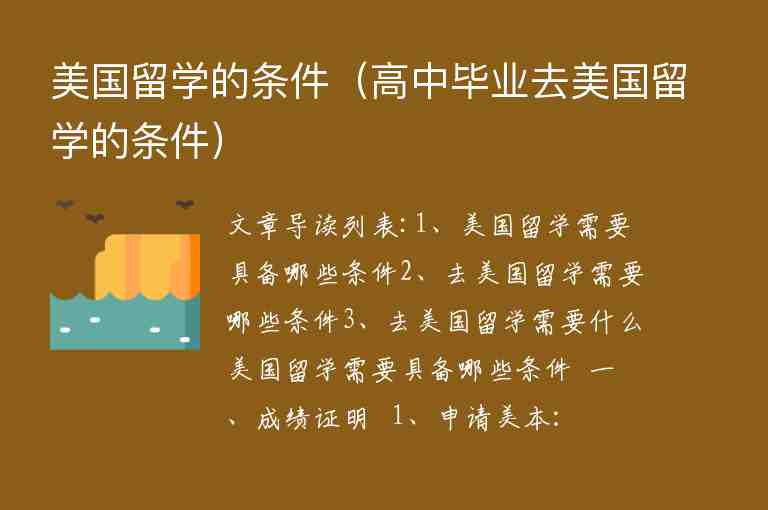意思:过去的,已往的,以前的(adjective)
怎么读:/ˈbaɪˌɡɒn/ (音标)
用法:bygone是一个形容词,用来描述过去发生或存在过的事物。它通常用来指代旧时代、过去的时期或历史。在句子中,它可以作定语或表语。
例句1:The old man often talks about the bygone days when he was a young soldier.(这位老人经常谈起他年轻时当的往事。)
例句2:The ruins of the ancient city are a reminder of bygone civilizations.(这座古城的遗迹提醒着我们已逝去的文明。)
例句3:The museum is filled with artifacts from bygone eras.(博物馆里陈列着来自过去时代的文物。)
例句4:She longs for the bygone days when she was still a carefree child.(她怀念曾经无忧无虑的童年时光。)
例句5:The town has managed to preserve its bygone charm despite modern developments.(尽管现代发展,这个小镇仍保留着它昔日的魅力。)
同义词及用法:
1. past - 过去的,已往的,以前的
past也可以用来表示“过去”的意思,但它更加通用,可以指任何过去的时间,而bygone则更多指特定的过去时期或。
例句:We should learn from the past and not repeat our mistakes.(我们应该从过去中学习,不要重蹈覆辙。)
2. former - 以前的,从前的
former也可以用来表示“以前”的意思,但它更多指两者中较早的那个。而bygone则更强调已经过去了的时间或事物。
例句:The former president of the company is now retired.(这家公司的前任总裁现在已经退休了。)
3. olden - 古老的,旧时代的
olden一般用来形容古老的、传统的或历史悠久的事物,而bygone则更多指已经过去了的时期或。
例句:In the olden days, people used to travel by horse and carriage.(在旧时代,人们乘坐马车旅行。)
4. erstwhile - 从前的,以前的
erstwhile也可以表示“以前”的意思,但它更多指曾经是某种身份或状态后来发生变化了。而bygone则更强调已经过去了的时间或事物。
例句:Her erstwhile friends have all turned against her now.(她曾经的朋友现在都背弃了她。)
编辑总结:
通过以上的解释,我们可以看出,bygone是一个形容过去的词语,它可以用来描述过去发生或存在过的事物。它的用法比较灵活,可以作定语或表语。在写作中,使用bygone可以让句子更加生动有趣,并且能够准确地表达出对过去的描述和感受。此外,它还有一些近义词,如past、former、olden和erstwhile等,但它们各自有着不同的侧重点和用法。因此,在使用时需要根据具体情况选择最合适的词语。



